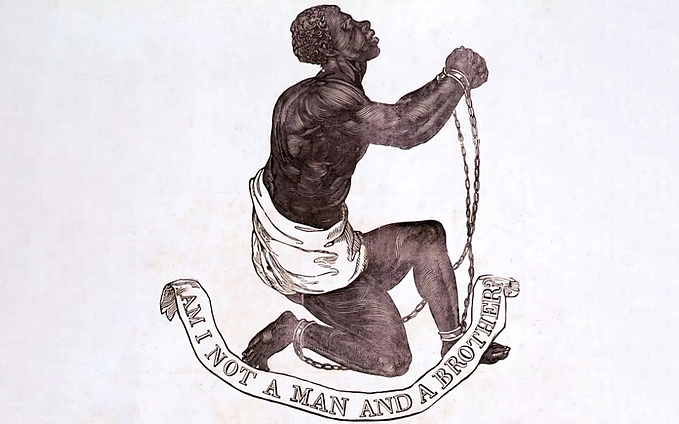Protestant Americans Becoming Unaffiliated Is Not Good News for America

According to a recently published Pew research, in 2007, 78% of Americans identified as Christians. Now, in 2021, that number is down to 63%. At the same time, the share of Americans who identify as having no religion (nones) went from 16% to 29%. When you look at the Christian population, you will find that the share of Catholics in America has changed very little, and the vast majority of Christians who become nones comes from Protestant denominations.
Taking into consideration that this development is not a result of a revolution, but a gradual and voluntary trend, I think it is a problem. It is a deflection from the spirit of the founders of the nation, and quite a rapid one at that. If religion becomes a matter of culture, without any commitments to certain codes of conduct, it will not be good for America.
Religion used to give people a sense of belonging and a purpose. It gave them a moral code and a system of rules by which to behave at home, at work, and everywhere throughout their lives. People would learn the laws of their religion at childhood, and would continue with them through their lives. It was the people’s “philosophy” of life.
Religion no longer gives people any of that, so they leave. For the most part, as the survey shows, they do not leave for anywhere in particular. They don’t venture into other religions, at least not yet, but rather away from their own faith, and often away from faith altogether.
Religion used to give people a sense of belonging and a purpose. It gave them a moral code and a system of rules by which to behave at home, at work, and everywhere throughout their lives. People would learn the laws of their religion at childhood, and would continue with them through their lives. It was the people’s “philosophy” of life.
Religion no longer gives people any of that, so they leave. For the most part, as the survey shows, they do not leave for anywhere in particular. They don’t venture into other religions, at least not yet, but rather away from their own faith, and often away from faith altogether.
Today’s young people do not need religion; there are no advantages in it for them. In Russia, the authorities are reviving religion after decades of being stymied under the Soviet regime. They are doing it to keep people in check, so they do not go too far to the extreme Left or the extreme Right. Instead, religion is used to manipulate the public and control it.
But America is not Russia. Americans do not feel about religion what the Russians feel, and so the whole structure is crumbling.
Ironically, the only part of life where religion can still give answers that people might want to hear is death. We are all afraid of it, and religion has comforting answers. Because contemporary life offers no comfort over the passing of our loved ones or the fear of our own demise, we suppress the fear through distractions. Video games, online broadcasts, movies, and other forms of entertainment are taking the place of religion. But for those who still believe in the afterlife, religion offers a welcome comfort.
Previously, religious centers also served as community centers where people would gather for community meals or to celebrate holidays. But today, people keep more to themselves and have no interest in community life. We have become very materialistic; everything is a bargain, a give and take relationship. People want to see immediate results, and religion does not offer it. At best, it provides a soothing promise of a good future in the afterlife, but fewer people need it as a source of comfort, so religion is losing its appeal.
The ebb and flow of people moving into religion and out of it will continue, and it will eventually lead people to ask about the meaning of life. They will begin to ask “Who am I?” “Why am I here?” and they will have to answer these questions or they will find no reason to live, no meaning in their lives. It is already happening in the younger generation, and it will continue to expand across all age groups.
Once they come to that point, they will find that the meaning of life is not in comforting answers about the afterlife or in imagining a world where everyone follows the strict rules of one particular God of one particular religion. Instead, they will find the meaning of life here and now, among us, in nurturing mutual concern and care for one another. People will find meaning in giving and helping, rather than in taking and defeating others. They will fill their hearts with love for others, and love itself will be the meaning of their lives.
Granted, it is a process, and we are not there yet. At the moment, matters seem to be growing darker, but isn’t it always the darkest right before the dawn?








